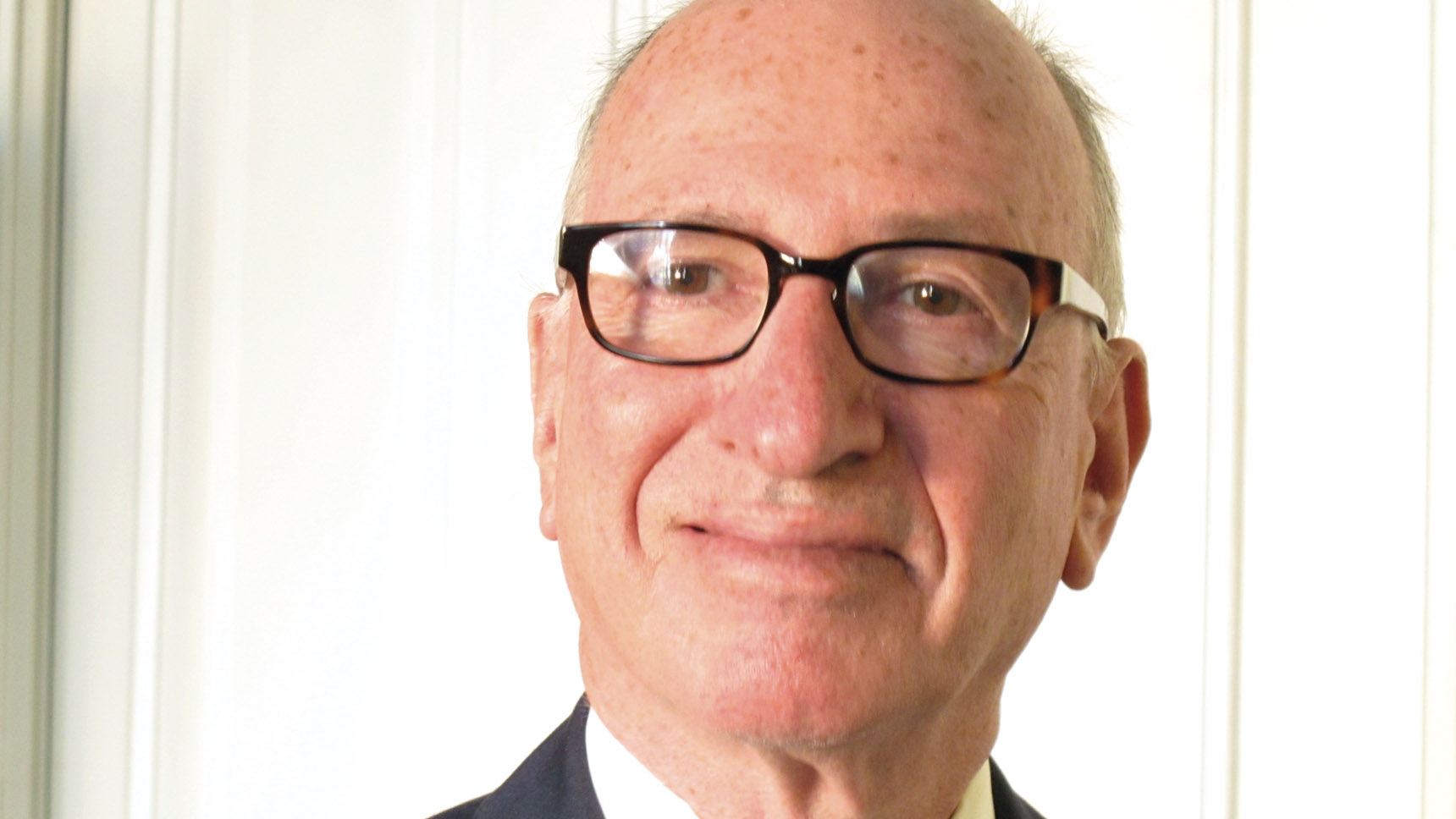
Bank CEOs need to think beyond maximising short-term profits and step up to their social responsibility.
The Banker’s Top 1000 World Banks 2021 highlights the staggering size of the largest financial institutions. JPMorgan Chase has more total assets than the gross domestic product (GDP) of all individual national economies except for the top four — US, China, Japan and Germany. Each of the global top 10 megabanks have greater total assets than Russia’s GDP; incredibly, five of them have more than double Russia’s GDP.
To be sure, comparing the total assets at banks and the GDPs of nations is somewhat crude. Yet the comparison, I believe, underscores the fact that the trillion-dollar banking leviathans have a fundamental responsibility for the stability of the international economic system and for pursuing policies that, at a minimum, do no harm to our democracy and security. Many of the largest banks are falling short in this respect.
The failures are ones of leadership, banking priorities and corporate culture. There were times when banks were relatively smaller, when globalisation as we know it today was in its infancy and Glass–Steagall legislation still prevailed in the US, and when serving the public interest was central to the approaches of top bankers.
Social purpose
I recall extensive conversations on this several decades ago, for example, with leading CEOs, such as David Rockefeller at Chase Manhattan Bank, Gabriel Hauge at Manufacturers Hanover Trust, and Alden W Clausen at Bank of America. Each of them believed that providing a solid return to shareholders was only one of several priorities that needed to drive their approaches and the culture of their institutions. They believed that serving their customers well, notably their retail customers, was no less important.
And each of them recognised that, because of the size of their institutions, there was a deep obligation to ensure that they served the broader public interest. Mr Hauge had served as a White House economic advisor to president Dwight Eisenhower; Mr Rockefeller had launched the Trilateral Commission to build greater understanding of Western security issues; and Mr Clausen left the Bank of America for five years to run the World Bank.
Others of their generation with long banking careers also served in major public service roles, such as the Kennedy administration advisor Robert Roosa at Brown Brothers Harriman; Felix Rohatyn, who took leave from Lazard Freres to lead the rescue of New York City from bankruptcy; and Nicholas Brady, who left Wall Street to become a US senator and then secretary of the Treasury.
None of today’s chief executives of the largest US banks have taken public service positions. They are all career managers with a single-minded dominant priority to maximise short-term profits.
Beyond profits
Hedge funds and other institutional investors are more intent than ever to press banks to support this priority above all others. The enormous compensation that many top bankers now pocket, which is explicitly related to the performance of the share price, adds powerfully to the incentive to keep boosting quarterly earnings no matter what. This needs to change.
At the G7 Summit in June, US president Joe Biden stressed that a central challenge of our times is the existential battle between democracy and authoritarianism. Bluntly, the public interest is not served well when some of the largest global banks aid and abet authoritarian regimes, their kleptocratic leaders and associates to launder their stolen cash.
Moreover, our public interest is ill-served when leading banks play major roles managing and facilitating sovereign bond issues for corrupt governments that seek to harm our democracy and security.
In April, the US Treasury responded to Russian interference in the 2020 US elections by imposing a range of sanctions, including a prohibition on US financial institutions “participating in the primary market for rouble or non-rouble denominated bonds issued after June 14 2021 by the Central Bank of the Russian Federation, the National Wealth Fund of the Russian Federation, or the Ministry of Finance of the Russian Federation, and further prohibits US financial institutions from lending rouble or non-rouble denominated funds to these three entities.”
It is in the public interest that the largest banks, which are headquartered in the leading democratic industrial countries, take the initiative. They should not have to be banned from financing authoritarian regimes that mean to undermine our democracy and our security. They should act in the public interest as a matter of the highest priority — given their enormous size, there simply is no excuse for them to continue to focus solely on their own short-term profit maximisation.
Frank Vogl, former journalist, World Bank official and consulting advisor to the Institute of International Finance, is an adjunct professor in the department of government at Georgetown University.


